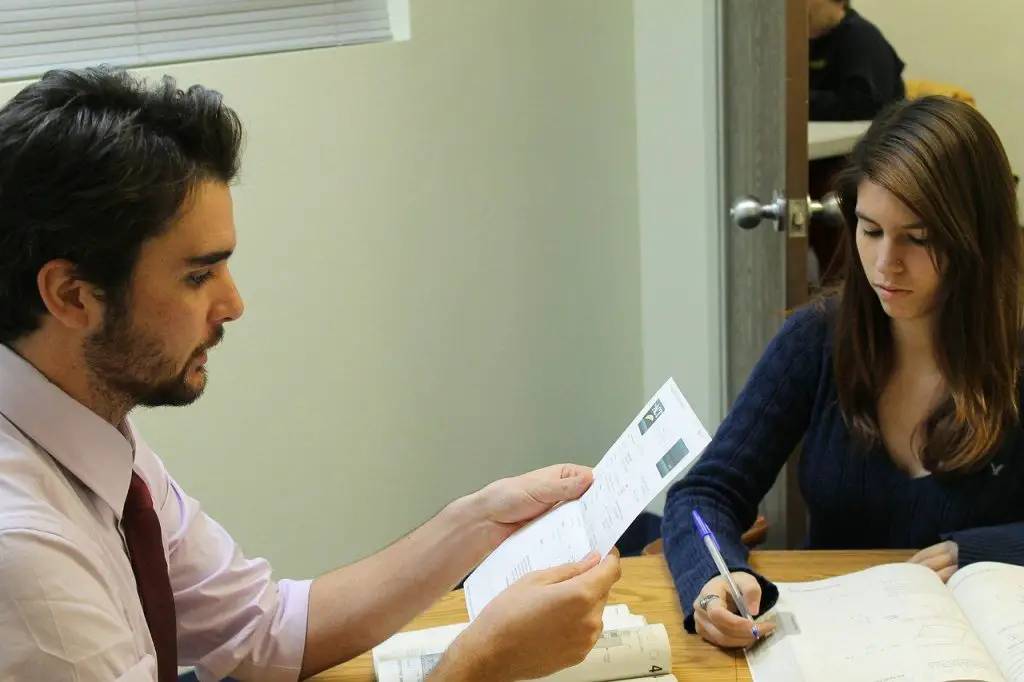Last Updated on 12/11/2021 by James Barron
As a tutor, areas that you focus your attention upon will experience most of the change, for example, if you believe that grades and qualifications are the most important aspect of educational life, it is likely you will spend the majority of your time as a tutor focusing on setting academic based targets, thus giving the students the best opportunity to achieve academic greatness. Unfortunately, as there is limited time in which you can spend with your tutees, there are other areas, such as pastoral care, that will not receive as much attention and will suffer. It is extremely important to always consider that you are providing a balanced well-rounded tutorial experience for the students.
Set a Good Example
Students are highly likely to replicate the behaviour of tutors, teachers and lecturers, this can have a greater impact as a tutor as tutors are the first step involved in the event of poor behaviour, if as a tutor you are consistently late, it is challenging to discipline a student for being late to lessons.
Unbiased
It is important to remain unbiased over unit selection, as a lecturer it is acceptable to promote your own unit over others, however, as a tutor it would be unprofessional to say if one unit is more enjoyable than another. This also applies if there is any flexibility with unit selection for students or students have the ability to drop a unit, by suggesting units to select or drop you can have a significant impact on the student’s overall qualification and enjoyment of the course.
Rapport
As the tutor is the first point of call for students who are having issues, you can have a much greater influence on their educational lives than a typical lecturer. Building the rapport with students is even more important and slips, such as pronouncing their name incorrectly, will have a bigger impact on making the student feel unvalued.
Going the Extra Mile
There are elements that are often omitted from awarding body curriculum that will not be included within lessons, the tutorial session is often an opportunity to include some of these often industry required aspects. For example, the use of a version control system is incredibly common within the IT industry and yet it is not included in any of the awarding body curriculum, as a result I have previously arranged for a guest speaker from industry to explain how to use a version control system, when a guest speaker has not been available, I have covered it myself in a typical lesson format. By including this additional lesson for students, I am expanding their knowledge and getting them ready for employment, however it is highly likely that other industry required skills are not being covered that I am not including as a result of a lack of time, this demonstrates a level of bias to what I have previously experienced in industry.
Author Profile
-
My first experience of teaching was in 2016, when I was asked to
deliver a talk to a group of 16-year-olds on what it was like to start
your own business. I immediately knew I wanted to become more
involved in teaching but I didn’t know where to start as I had not
previously considered a career in education. A few weeks later I
agreed to teach a class of Chinese students from the Shanghai
Technical Institute of Electronics and Information, who had travelled
to the UK to learn English and Software Engineering, after that I was
hooked. Within the next few years, I taught hundreds of students of
many different nationalities, aged from 16 to 60, and from
levels 2 to 6. I focused my time teaching with Bath University and
Bath College for several more years until I felt a change was in order.
For the last few years, I have taught remotely with several private
training organisations, provided dedicated one to one coaching
sessions, provided consultancy on teaching and assessment practices
and written about my experiences as a teacher. I plan to continue
with my current activities for the foreseeable future but I’m always
open to new teaching experiences.

